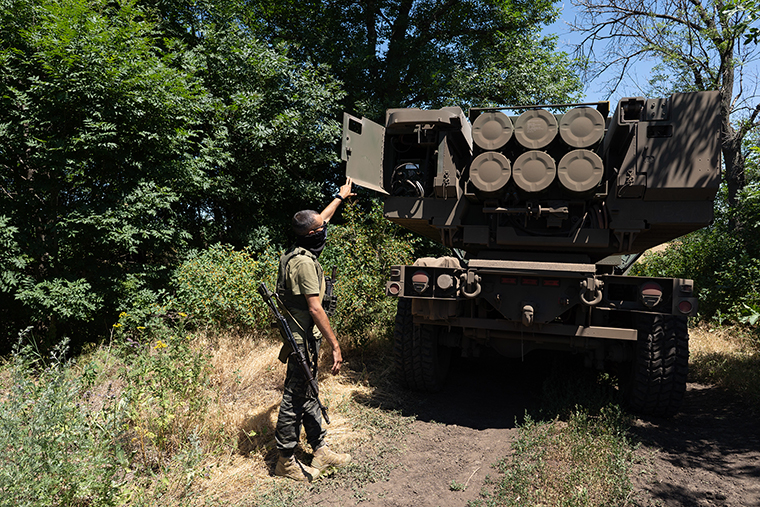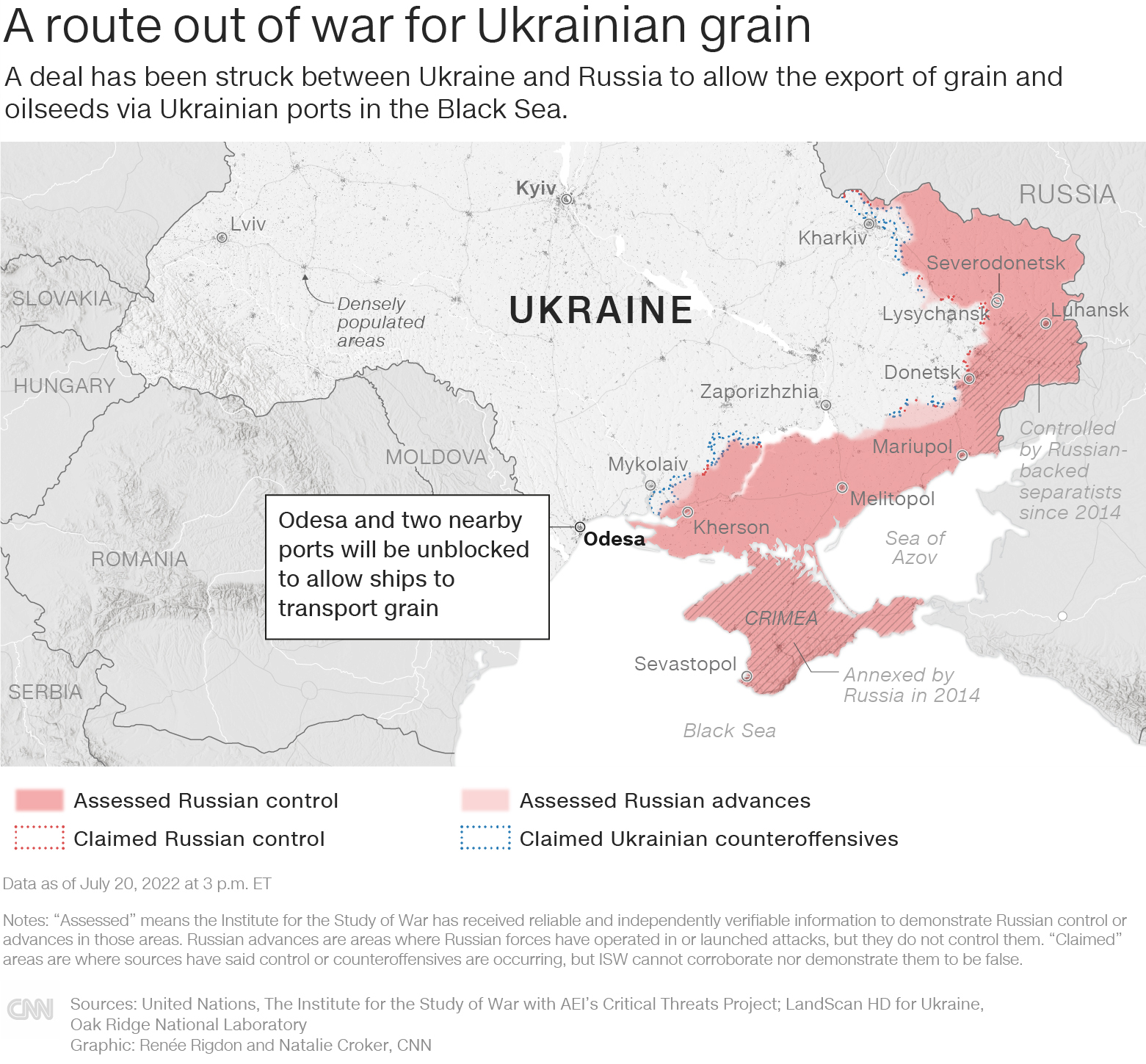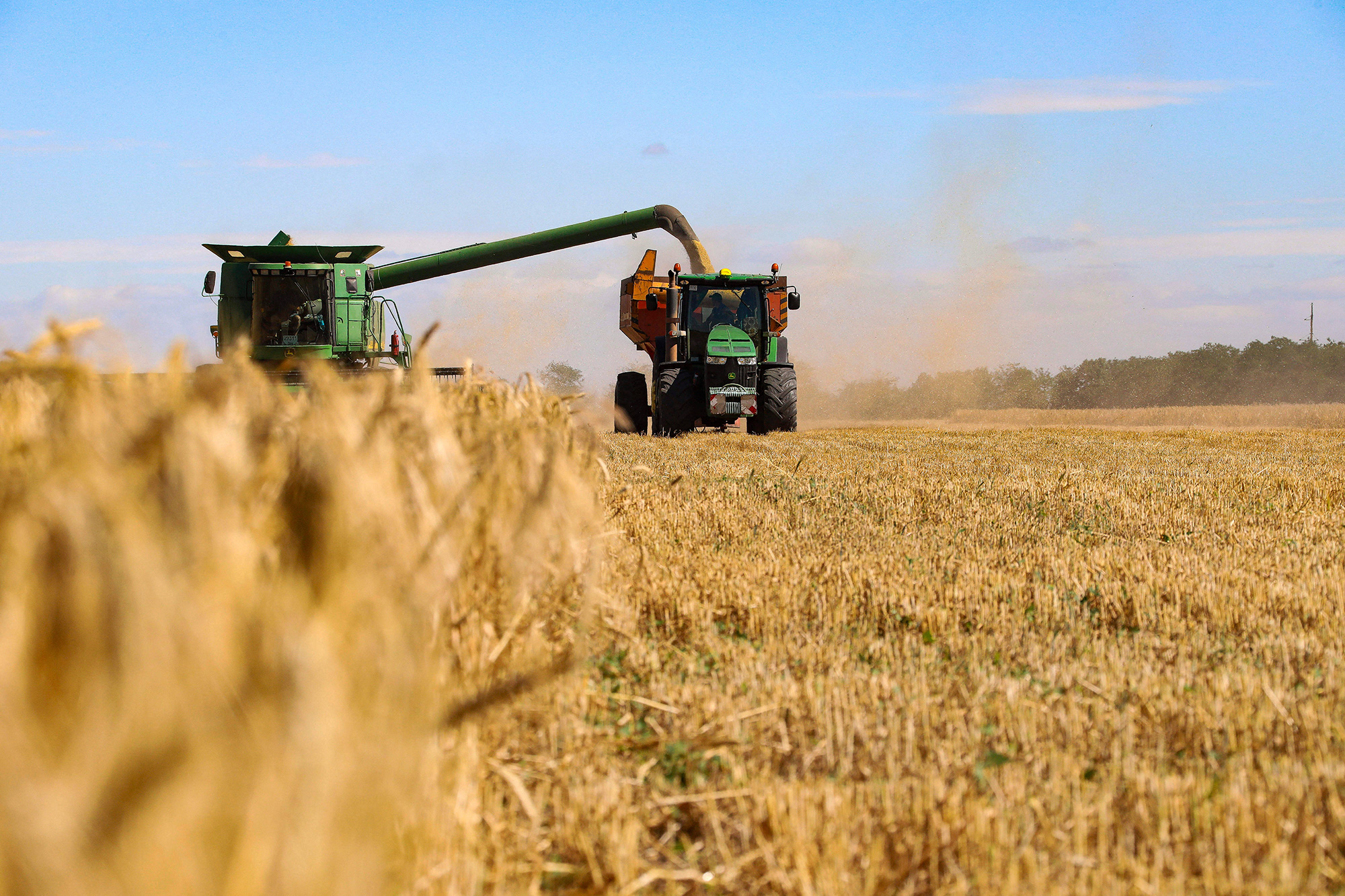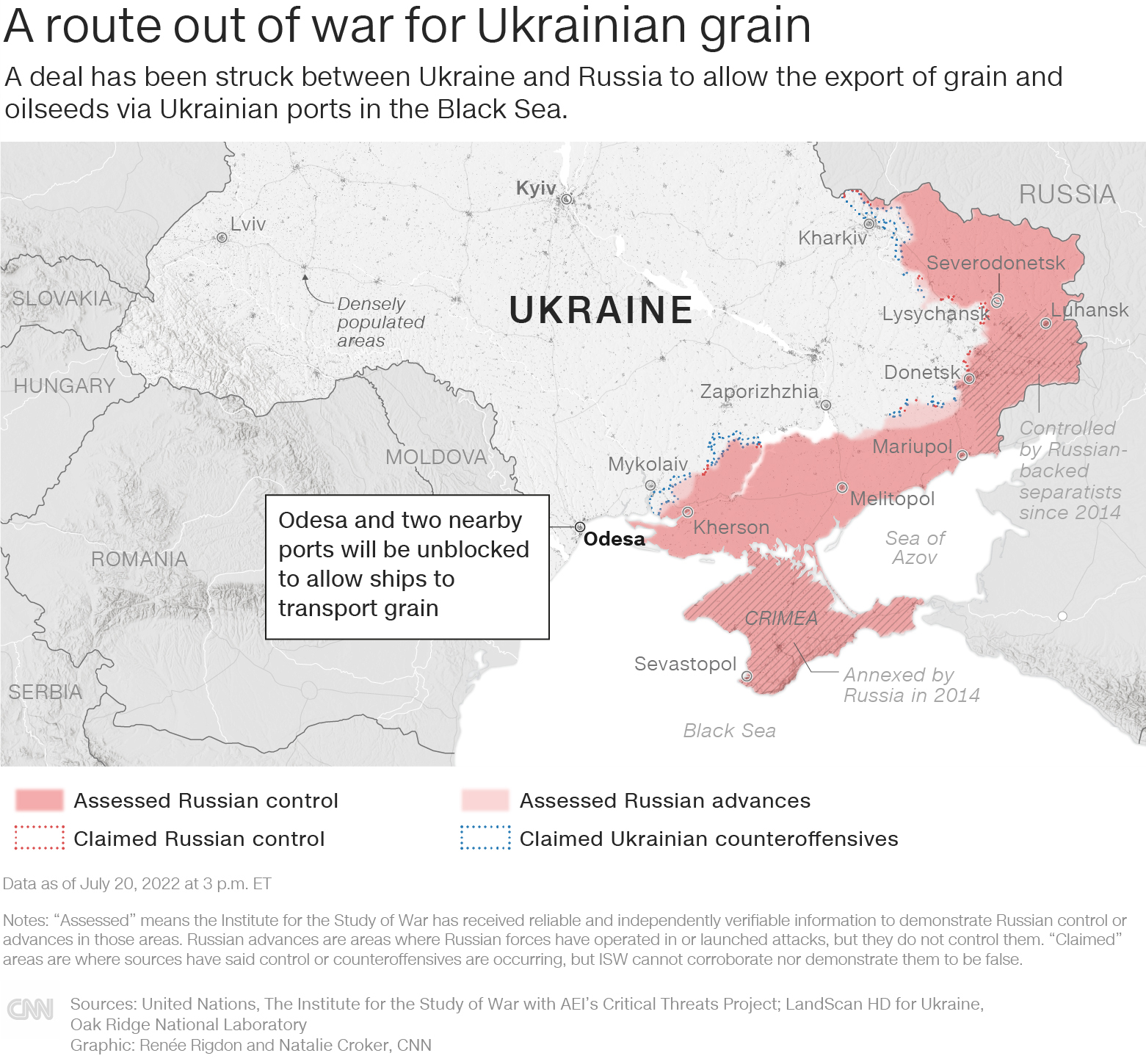
The US is seeing “indications” that Russian forces fighting in Ukraine are “trying to adjust for the effects the HIMARS (high mobility artillery rocket systems) are having on them” on the battlefield, a senior US military official told reporters on Friday.
“The Ukrainians have concentrated a great deal of effort on the Russian command and control, their logistic supply areas, to include all sorts of classes of supply, in particular ammunition, so as a result the Russians are attempting to mitigate the effects through a number of means, camouflage, movement, changing locations,” the official said.
The official could not say how effective Russian forces’ efforts to mitigate the impact from the HIMARS has been.
“I can’t tell you what level of effect they’re having, but it doesn’t seem to be that good,” the official said.
The official also noted reports that Russian forces have destroyed four HIMARS are false.
“As of this morning, in our conversations with Ukrainians, that is not true, so all of the HIMARS continue to really be a thorn in the Russians’ side,” the official added.



